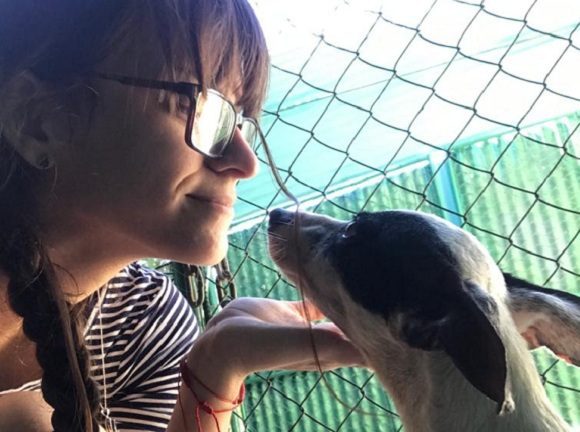HAVANA.- Surveillance, prevention and control of zoonotic diseases, with priority for epidemiological actions are within Cuba's health programs, says a statement issued by the Ministry of Health (MINSAP).
On the occasion of the World Day against these diseases, the text issued by this ministry points out that the country is also working on the training of health personnel, community education, vaccination of risk groups, attention to suspected and confirmed cases and the development of research.
In addition, the promotion of positive forms of coexistence and interrelation between people and their animals is encouraged.
The text points out that "we coexist with animals in different ways: dogs, cats, cows, horses, sheep, fish, birds, pigs, chickens, rabbits, they are beings very close to our daily lives. Take care of animals and the environment because there can only be human health if there is animal health and a healthy environment".
According to MINSAP, these are communicable infectious diseases and of 1,415 known pathogens that affect people, 61 percent are zoonotic, while 60 percent of infectious diseases are also zoonotic and at least 75 percent of the agents of emerging infectious diseases in humans are of animal origin.
Of every five new human diseases that are registered each year, three come from animals, said the press release, which warned that the impact of zoonoses is not only in terms of damage to public health.
Among its severe effects are the economic losses, said MINSAP, which exemplified the factors that increase the risk and make control difficult, such as the close interaction between humans and animals, climate change or deforestation.



